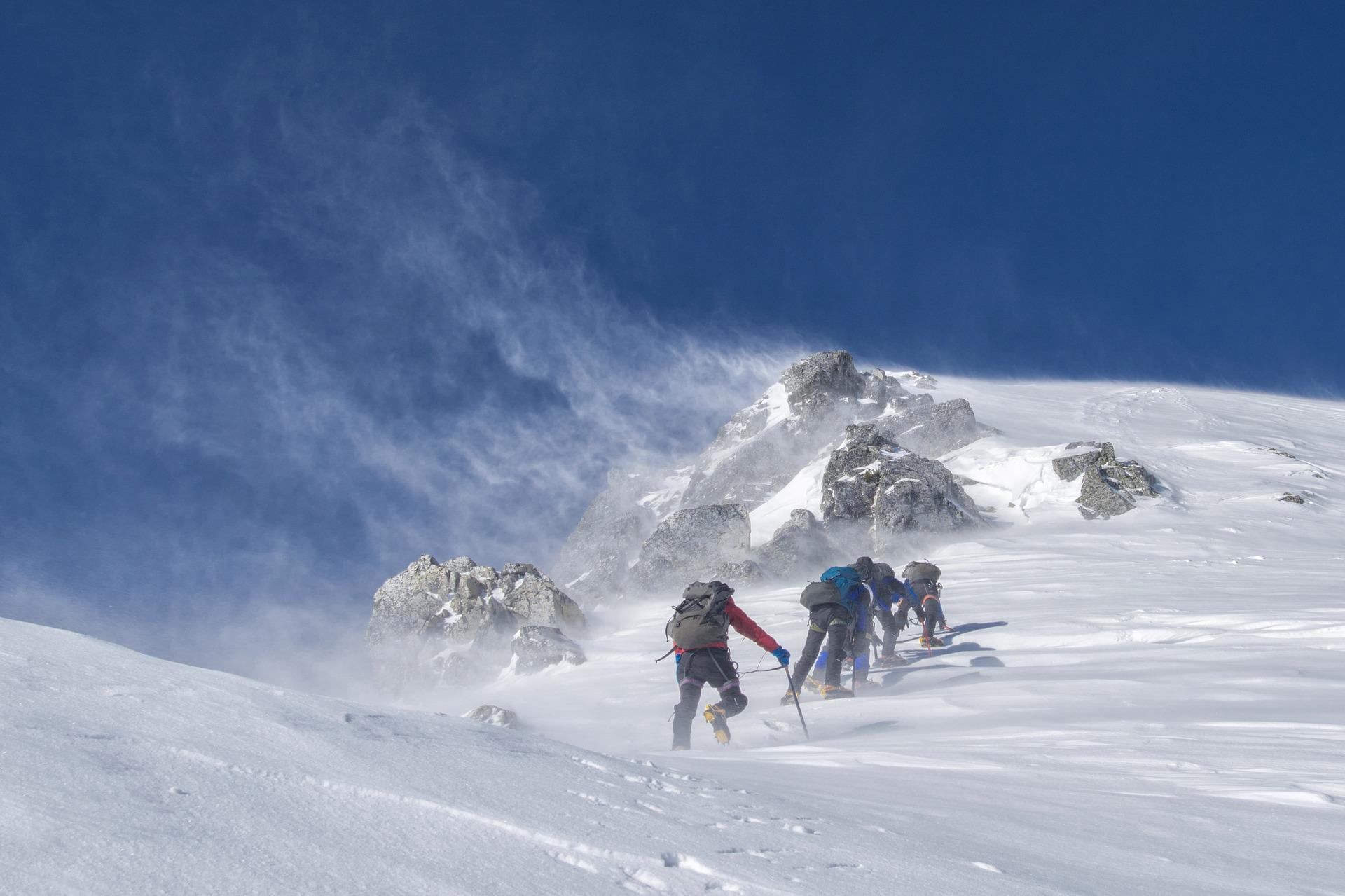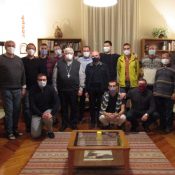A very dear religious brother of mine described his novitiate with this image. A few months after the beginning of my novitiate, I will explain why I also find this image very true.
We, children of God, are all mountaineers. The mountain is a place of encounter with God, which we all deeply desire. As mountaineers, our goal is to climb to the top as many times as possible in our lives. Why is it good to be a mountaineer? Because the view from the summit is unparalleled. Something that cannot be experienced anywhere else. It is good for us to be on the mountain (cf. Mk 9:5). The summit is not visible from the base of the mountain. At the beginning of the journey, we do not know exactly what it will be like up there. We can make plans, look for footholds, but the mountain must really be climbed, otherwise there is no way up. You can read the account of the climb, but it is very different from seeing the summit in person. Anyone who has been to the real mountains really wants to go back. It is up to us to decide whether we want to climb again, but the motivation is already within us: we have wanted the mountain since the day we were conceived.
Climbing is a strenuous activity. There are also many traps and dangers, it is not just a hobby, it takes real dedication. It is enough to stay in the present and concentrate on the next step. We can feel the character Donkey from the movie Shrek close to us, because even when we are climbing the mountain, we always ask ourselves: are we there yet? But if I keep my eyes on the next step and don’t let the distance scare me, I realize how beautiful the view is as we climb. Sometimes we remember the view from the ascent better than the view from the summit, but both were on the mountain.
The Novitiate is a mountaineering mission. We are already moving from the city to base camp. From the city, the environment at base camp seems rather strange. Mountaineers do not have their own phone, they are far from friends and family, they leave behind well-paid jobs, a girlfriend, a flat and, out of obedience to their superiors, cannot even decide what to do for most of the day. In short, base camp allows nothing of what city dwellers seek for their safety and happiness. Anyone who has been to the mountains knows that climbing does not require the things that city dwellers consider important. The goal of base camp is to become as proficient as possible in climbing. We are assisted by qualified mountaineers who can authentically demonstrate that mountaineering is truly an adventure of a lifetime. Every aspect of base camp helps us, personally and collectively, to become better mountaineers. There are many ways to climb mountains, varying from period to period and from person to person. With the help of experienced guides, we become more skilled mountaineers, trying new routes and methods, but preferably finding and following that path through which I have the most beautiful view.
After the initial abrupt change, one can get used to the environment at base camp. One can almost feel comfortable. But base camp only lasts for a limited time, two years for the Jesuits. Then they return to the city to continue the climb, inviting as many mountaineers as possible to join them on this adventure that we all deeply desire.
Miklós Forián-Szabó





